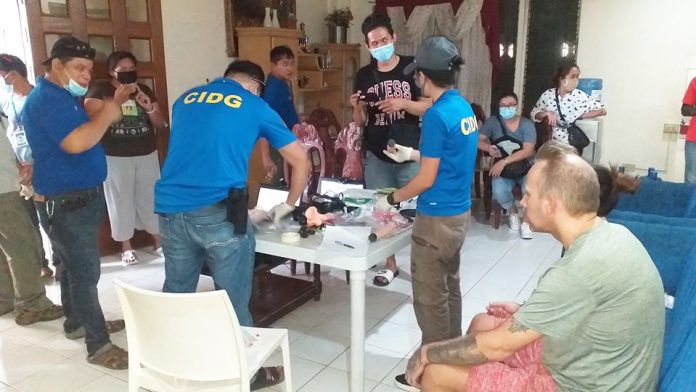A non-government organization in the central Philippines noted a growing number of cases of cyber-sex operations, especially those involving minors, in the region.
The Fellowship for Organizing Endeavors, Inc., a consortium of various social development NGOs, has recently put up an office in Negros Oriental province to address the issue.
The group noted “increased cases of human trafficking” in recent weeks as quarantine restrictions are being relaxed throughout the country.
The organization has also identified Iloilo province in western central Philippines as another hub for human trafficking.
Asela Bella Tse, who spoke for the organization in Dumaguete, said they are concerned with the increase of online sexual exploitation as people stay home because of the pandemic.
She said the impoverished sector and the young are the common prey.
“Because of the lack of opportunities to earn, there’s a possible chance that more young people are engaging themselves into online sexual exploitation,” said Tse.
“It’s just as simple as taking pictures in exchange for money,” she said.
The warned that prolonged exposure to online sexual exploitation may further erode the values of the young victims and may even lead to life-long “mental problems.”
“The problem is that most of them don’t know that they are being exploited,” Tse said.
Roslyn Frejoles, Child Protection Unit officer of Dumaguete City, confirmed cases of online sexual exploitation in the region.
She noted the recent rescue of four females from a Norwegian national and his female partner.
“We received many reports after the rescue and most of them are foreigners,” Frejoles said. “These foreigners keep transferring from one place to another to avoid being caught,” she said.
Frejoles said surveillance and operations against online sexual exploitations have stopped due to the coronavirus pandemic.
Before the pandemic, Frejoles said there is an increase of cyber-sex operations in urban depressed areas with the prevalence of mini-internet cafes and Wi-Fi vending machines.
“In some cases, children are being pimped by their parents,” she said.









